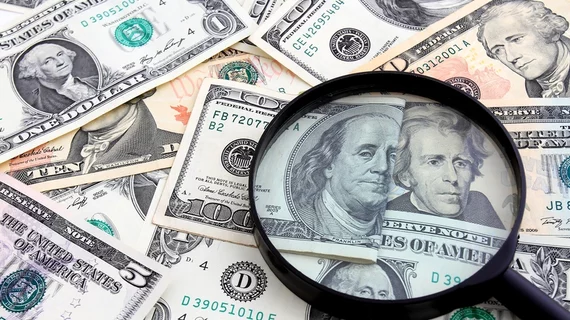Kaiser Permanente to return $500M in coronavirus aid
Kaiser Permanente is among a handful of major healthcare organizations that have promised to refund the government millions in aid meant to help health systems and hospitals deal with the COVID-19 pandemic. Specifically, Kaiser CEO Greg Adams says the California-based nonprofit heath system will return more than $500 million, but also keep $11.8 million designated for Maui Health System, a subsidiary of Kaiser Foundation Hospital, according to San Francisco Business Times.
Kaiser follows in the footsteps of CVS Health, which returned $43 million in federal aid, as well as Encompass, Cigna and DaVita, which also returned millions. The aid was doled out quickly from a $30 billion fund destined for healthcare companies in the CARES Act. The companies receiving funds were based on recent Medicare billings, but the Trump administration eventually issued guidance for companies to accept or return the money.
Adams noted the $500 million return while speaking about numerous topics in an interview, including the recent social injustice protests and COVID-19. While Kaiser expects its financial plan and budget to be “off” for the year, “we will do fine,” Adams told the publication. Kaiser made the decision to scrap its planned $900 million headquarters in March.
See the full story below:

